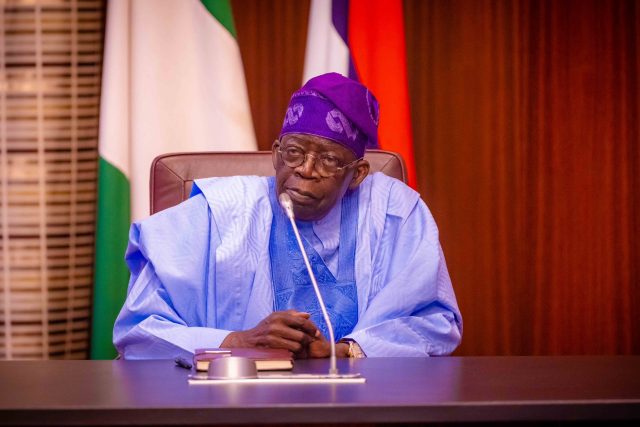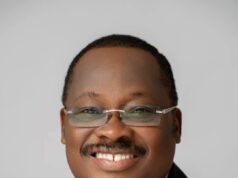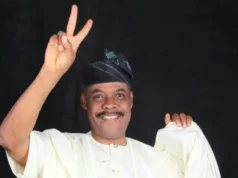
NINE months into his tenure, President Bola Tinubu has finally constituted an economic advisory committee to chart the way forward. The creation of the Tripartite Economic Advisory Committee of the Federal Government, selected state governors, and the Organised Private Sector coincides with Nigeria’s worst economic crisis in recent memory. The crunch features steep energy prices, a rapidly depreciating currency, and escalating inflation. Having waited for so long before constituting the committee, the President and the team should get to work quickly to arrest the descent into economic anarchy.
The committee include Aliko Dangote, Nigeria’s richest person, Samad Rabiu of BUA, Tony Elumelu (UBA Chairman), economist Bismark Rewane, Abdullar Aliu (Matrix) and MAN Director-General, Segun Ajayi-Kadir from the Organised Private Sector. Anambra Governor (and a former CBN Governor), Charles Soludo and Ogun’s Dapo Abiodun, Vice-President Kashim Shettima and the ministers of Finance, and Agriculture are included.
As noted by some members of the committee, the government faces daunting economic challenges, though some of them are of the President’s own making, especially the hasty removal of the petrol subsidy and the floating of the naira. The twin-policies instantly aggravated the harsh economic climate.
Therefore, the task before the team is not to chorus along with the government that things will soon be better. The team is to fashion out concrete plans for the government. Currently, inflation is 29.90 per cent, nearly a 30-year peak. Food inflation, at 35.41 per cent in January, is set to escalate when the NBS releases the next update. There must be concrete policies to dampen this.
Similarly, the naira is taking a battering, exchanging for nearly N2,000 per $1. It has defied all efforts by government to boost its value. With Nigeria dependent on imported fuels, medicines, food (at $15 billion annually) and luxuries for the political class, there is no reprieve in sight for the currency, adjudged the third worst-performing in the world in 2023 by Bloomberg.
The mandate of the committee is therefore to boldly tell Tinubu, who, at every opportunity, impresses it upon citizens to endure, to cut the cost of governance. He started on a bad footing by appointing 48 ministers. This makes no sense in an economy that is asphyxiating.
The President ought to learn from Argentina’s President Javier Milei. Milei, who assumed power in December amidst economic turmoil, immediately slashed his cabinet from 18 to nine. His austere policies targeted the reduction of public sector spending by 5.0 per cent of GDP.
In Nigeria, Tinubu travelled to the UN General Assembly and the Climate Change Conference with bogus entourages. The National Assembly is buying cars for each legislator with a minimum of N160 million. To save the economy, the committee should advise Tinubu to cut the waste in the two arms of government. The governors should follow suit.
Beyond that, Nigeria must start producing the fuels it consumes domestically. Government should do everything in its power to support the Dangote Refinery and the other modular refineries to commence production.
Currently, Nigeria is servicing debt with 98 per cent of revenue. The team’s task is for government to stop new borrowings and the murky ways and means business.
Part of Milei’s success story in Argentina is the loosening of government control. Instead of basking in euphoria of government control, the team should advise Tinubu to commence a comprehensive privatisation of the state-owned enterprises, especially the refineries, and the Ajaokuta Steel Company.
Without security, the plan to revive the economy is shaky. The team should tell Tinubu to press ahead with the plan to establish state police.
Ultimately, the best economic reform is to restructure Nigeria along the true ideals of a federal state to promote competition among the federating units, rather than the current culture of sharing.











